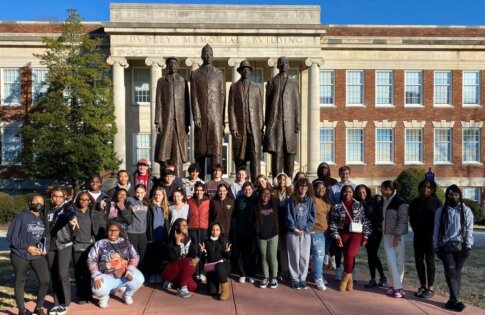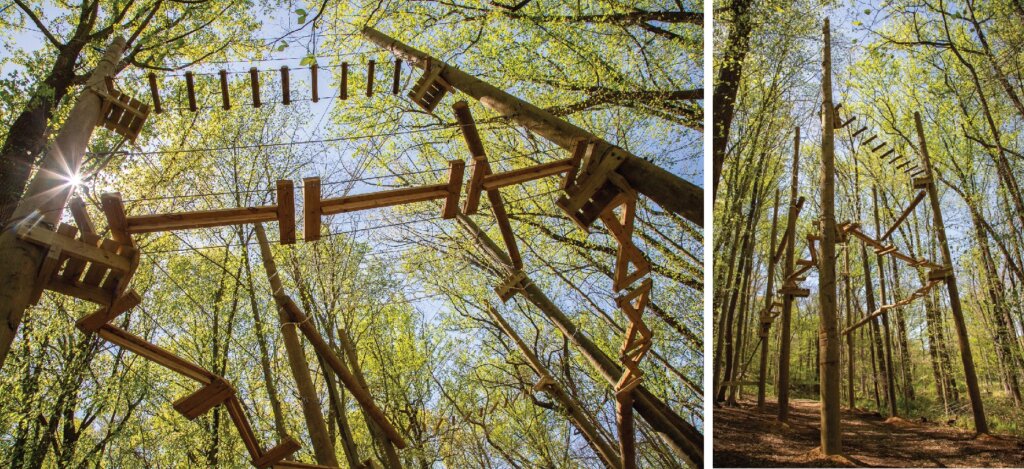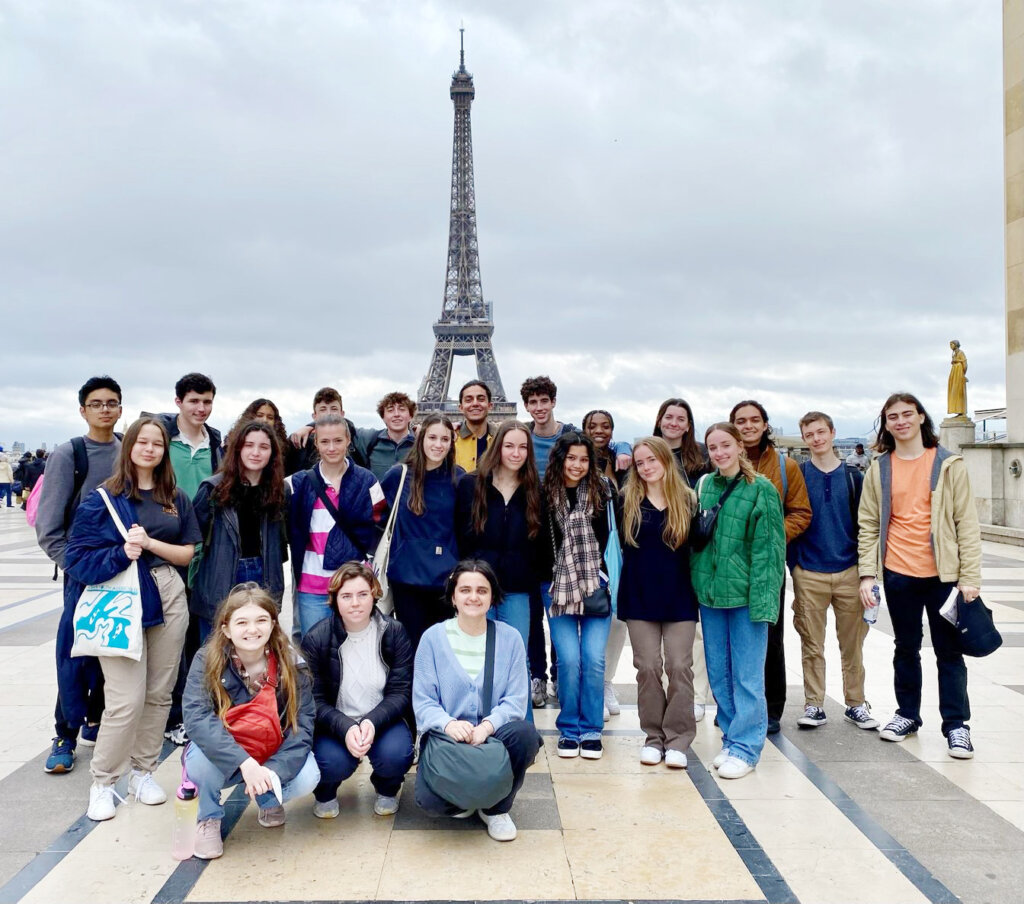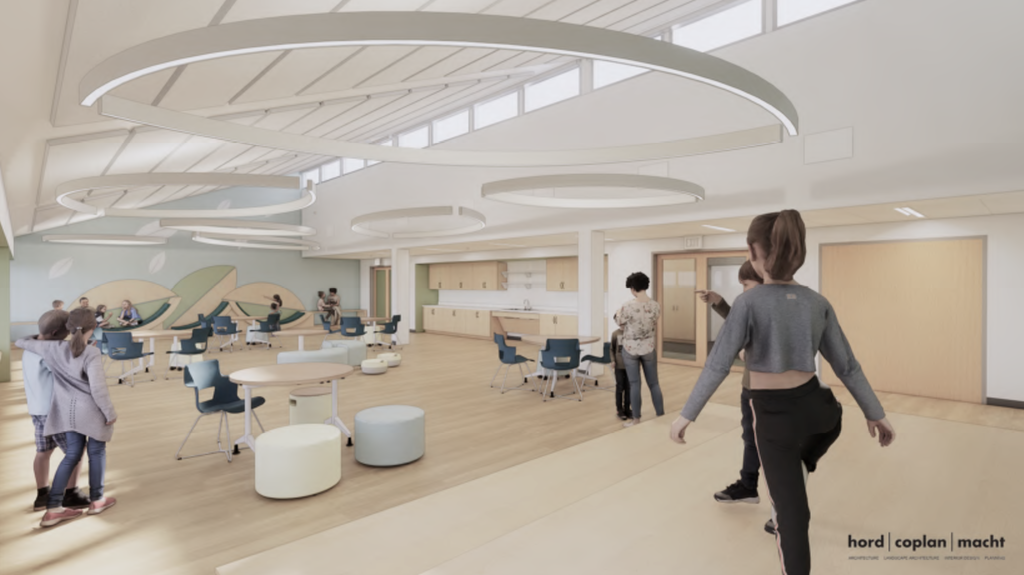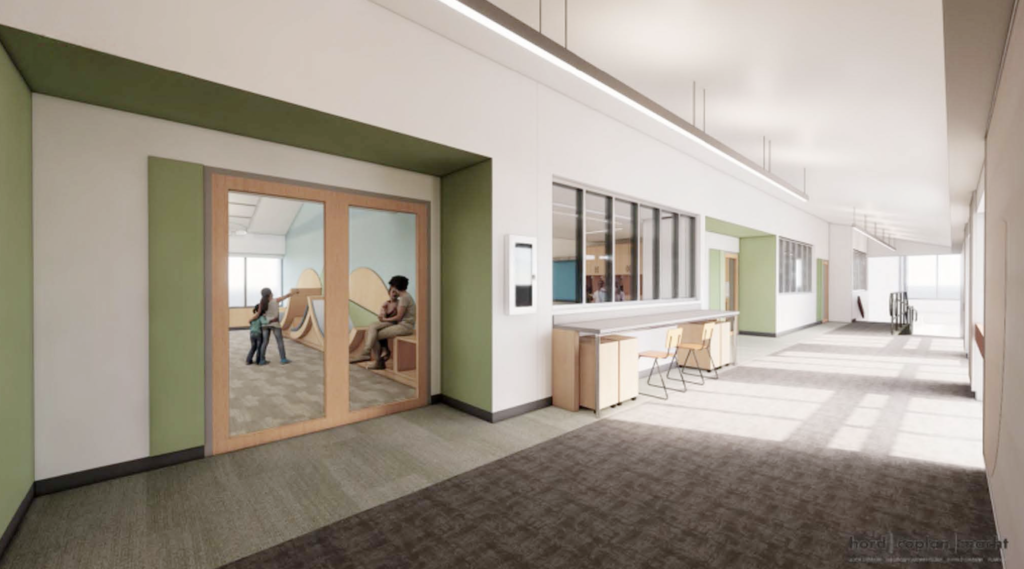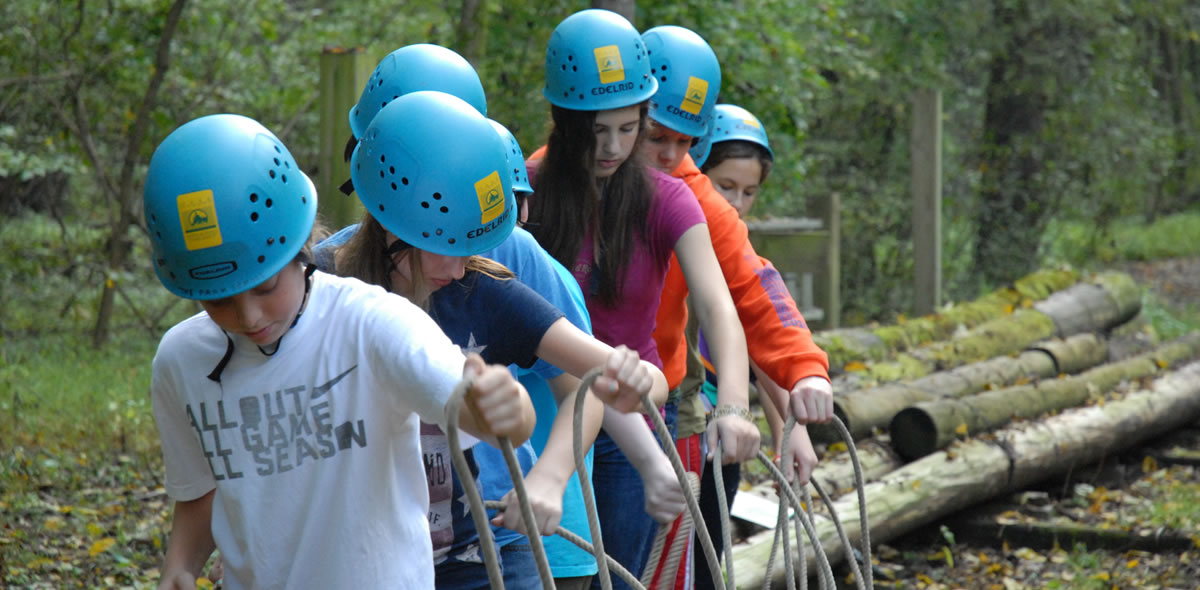Park Awarded Grant in Support of Ongoing Arctic Research
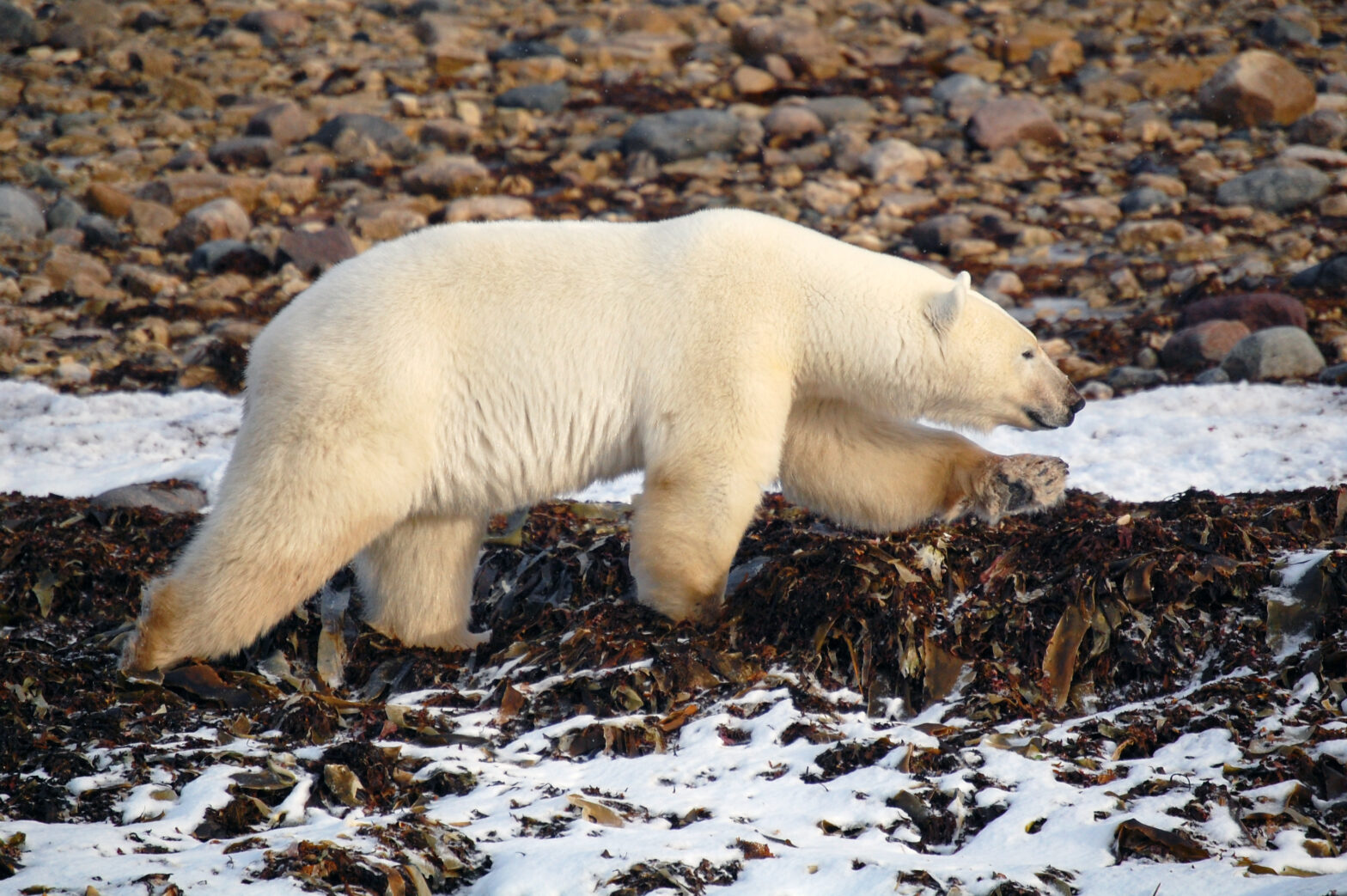
Canada’s Natural Sciences and Engineering Research Council Announces $136,500 Grant to Continue and Expand Successful International Program
Park’s Arctic research program, the first high school program of its kind, was recognized by the National Sciences and Engineering Research Council (NSERC) of Canada with a $136,500 grant ($45,500 over each of the next three years) to continue and expand its work. Since the program’s inception in 2007, Park students, in conjunction with Canadian partners, have been authentically contributing to the body of scientific knowledge of the Arctic, developing research skills, and sharing their findings with fellow scientists and with policy makers.
Coinciding with the grant, Park’s Arctic researchers take on a new name along with an expanded mission. The new International Student-led Arctic Monitoring and Research (ISAMR) group represents the next step in the evolution of our Arctic program and provides a groundbreaking model for scientific investigation and international cooperation.
Collaboratively, youth from Canada, the United States, and northern Aboriginal communities will continue to conduct hands-on student-led field research on the flora and fauna at the southern edge of the Arctic, a place particularly vulnerable to climate change. During two field trips annually to northern Manitoba, funded by the NSERC grant, students will address ecological research questions and learn scientific methodology through data collection. Students identify free-ranging polar bears in autumn using image recognition software and estimate body condition non-invasively; in summer, students investigate eight types of polar bear habitat and examine changing permafrost active layer and vegetation cover. These field teams will share their research experiences and lead classroom sessions on data analysis and interpretation with 400 peers in Winnipeg and the United States as well as with the general public online.
This work is an extension of the broader research initiatives in Park’s Upper School — including last fall’s ecological research course and this spring semester’s biomedical research course that integrates classroom study with visits by guest researchers, off-site visits to research laboratories, and opportunities to work in labs via special summer internships. It is also undeniably rooted in a tradition of problem solving and research skill development that begins in Kindergarten here at Park and continues throughout the Lower School, Middle School, and Upper School experiences.
Congratulations to Upper School science teacher and Arctic leader Julie Rogers, the entire Upper School science team, our student members of ISAMR, our Canadian partners, and to all Park faculty across all divisions who inspire Park students to ask questions and seek answers.
We look forward to learning more about the Arctic in the years to come — and also to the discovery of new passions, ideas, and solutions by our community of problem solvers.
Back to The Latest